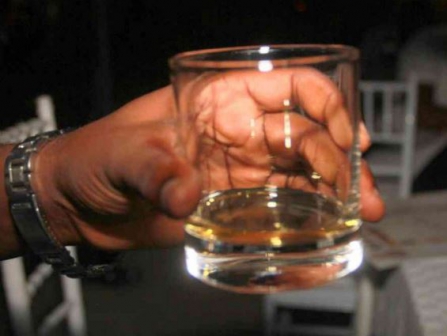×
The Standard e-Paper
Fearless, Trusted News

The State’s spirited crackdown on ‘killer drinks’ mid-2015 resulting in the closure of distilleries and breweries was hailed a major success.
Two years on, however, the illicit brands are slowly finding their way back into the market.